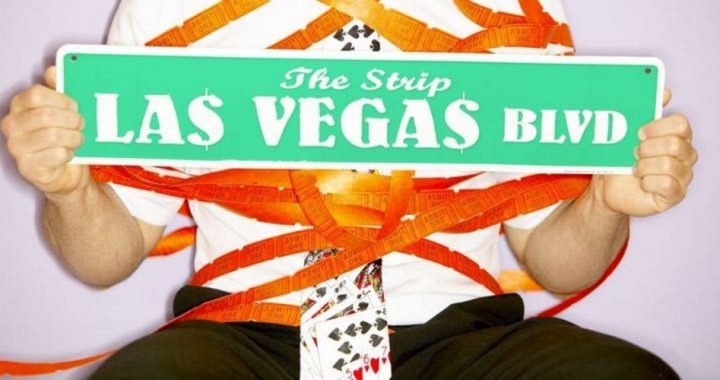
Three Nevada residents are suing their own state in an attempt to force it to implement a new law that requires federal background checks on private gun sales. Dale Zusi, Vicki Delatorre, and Sydney Gordon are members of the group Nevadans For Background Checks, a gun control group that was successful in passing a law in 2016 that requires federal background checks on private gun sales — a law that has not been enforced.
The law has had a turbulent history. It technically went into effect on January 1, 2017, following an extremely close referendum on the issue in November 2016. Even before the referendum, it was pointed out that the law was unenforceable in its current form.
The problem is essentially a conflict between state and federal law. Nevadans For Background Checks wanted to keep background checks free, partially to deny their opponents a line of argument. This meant that the checks had to be carried out through the FBI’s criminal background check system. Since background checks on private gun sales are not mandated by federal law, the governor of Nevada cannot force the FBI to carry them out.
In addition, Nevada already has a background check system. It is one of 12 states that has a “point of contact” (POC) system, in which the Department of Public Safety carries out its own background checks of gun buyers, and uses the FBI database, so given the availability of this system, the FBI wrote a letter to the Nevada state government in 2016, saying that it would not carry out the checks. The Bureau argued that if the people of Nevada wanted a more rigorous system of background checks, it would possible for the state to provide these through the existing system. Of course, the state would not be willing to do these for free.
The state’s response has been coordinated by Attorney General Adam Laxalt. Shortly after the referendum, a legal opinion from his office blamed the FBI for refusing to conduct the checks, and declared the law unenforceable. “In December [2016], the FBI said they will not conduct the background checks required by the Background Check Act. Without the FBI’s involvement, the central function of the Act could not be implemented,” he said in a recent statement to Fox News.
Laxalt has come under fire for the decision, not least because he seems to have used it to make political hay — an e-mail asking for donations to his campaign in the 2018 governor’s race made explicit mention of it. On the other hand, the NRA has defended Laxalt, saying the law “was poorly written by out-of-state gun control groups that clearly did not understand Nevada’s existing firearms background check system.”
The law has polarized opinion in the state. Though Elizabeth Becker, a local gun safety advocate, told Fox News, “I don’t think that most people think it’s normal to sell a gun without a background check,” it is. Only 12 states mandate background checks on private gun sales. As well, anyone selling a private weapon owned prior to the law’s implementation could skirt the law with relative ease: Absent a sting by police, which is highly unlikely to take place on a person who sells one or two guns in his lifetime, no one would ever know if he sold his guns before or after the implementation of the law — in other words, even if the law worked as planned (no such law has worked yet), it would be basically unenforceable for a generation.
The new lawsuit has gained a lot of publicity, not least because of its implicit association with the Las Vegas shooting. However, even its staunchest advocates are not arguing that the proposed background checks would have prevented that massacre. Stephen Paddock, the perpetrator, seems to have passed all the required state background checks, and obtained all of his weapons legally through popular online manufacturers and/or local shops. One gun store where he bought weapons, in Mesquite, Nevada, sheepishly admitted that this was the case. Further, research has found that the background check database is lacking many important records, and that even if background checks were federally mandated, this would not stop criminals from obtaining guns illegally. And gun owners who see this as simply a step to document who legally owns guns in order to allow confiscation efforts from law-abiding gun owners — as have taken place when similar laws have been enacted around the world — are probably correct.
Nevertheless, the lawsuit is gathering momentum. It claims that the Governor of Nevada, Brian Sandoval, is “contravening the will of the people” in refusing to implement the new law, despite its legal flaws.
The outcome of the lawsuit is hard to predict. Proponents of the law say that Nevada should become a “hybrid state,” where retail checks are done through the state system and private checks are done through the FBI. “The path forward was presented to [Sandoval] months ago,” Mark Ferrario told the Guardian, “He should immediately engage with the FBI to implement the law.”
In the wake of the new suit, according to the Las Vegas Review Journal, “The governor will request an opinion from the attorney general’s office on whether the state may legally operate as a dual POC state.” Monica Moazez, a spokeswoman for Laxalt, said the office is reserving comment until it receives and reviews the governor’s request. But of course, even if the state declares itself a dual POC state, that doesn’t mean the FBI has to do the checks for free.



